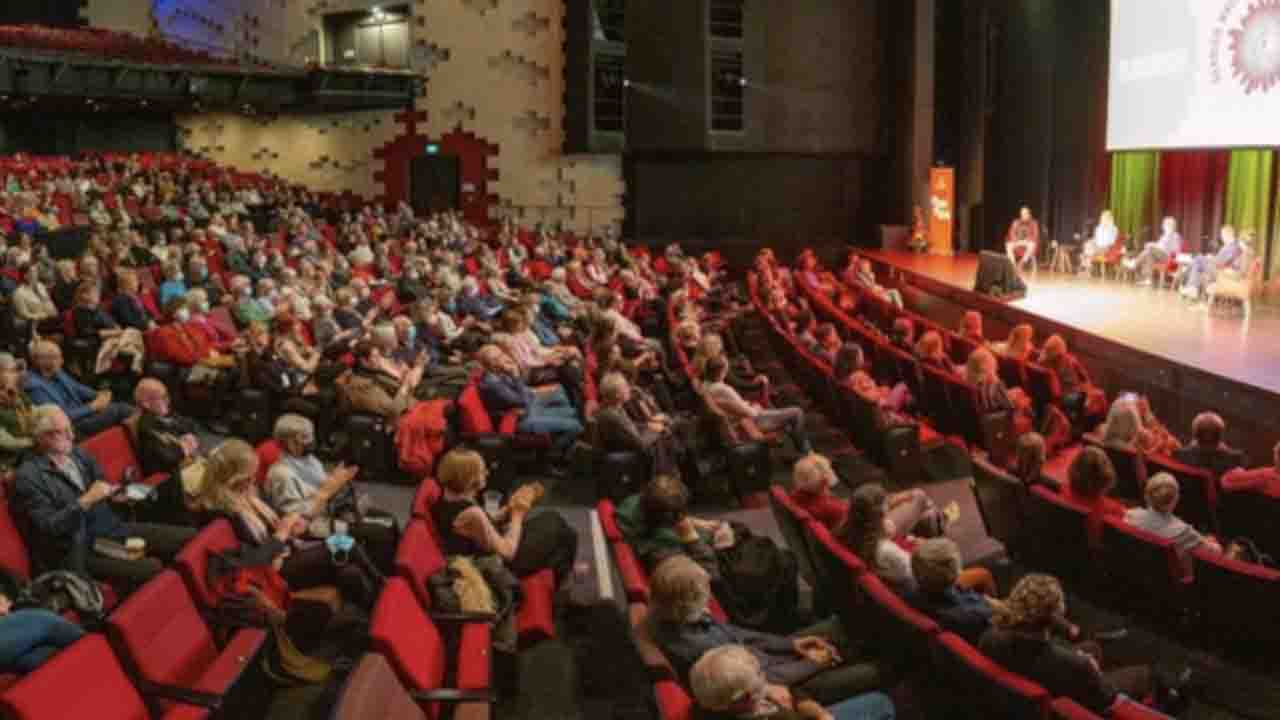
Bendigo Writers Festival Rocked by Code of Conduct Controversy
Pitchwars – Bendigo Writers Festival has been thrown into turmoil following the introduction of a sudden code of conduct that many writers and participants have described as restrictive and censorial. Organizers introduced the new rules ahead of the 2025 edition to prevent what they called ‘provocative, divisive, or disrespectful’ content. They reportedly tied the guidelines to La Trobe University’s anti-racism policy and a contested definition of antisemitism. Instead of uniting the community, however, the code of conduct has sparked outrage. Prominent voices such as acclaimed author Randa Abdel-Fattah and award-winning Indigenous poet Dr. Evelyn Araluen chose to withdraw, stating that the measures threatened artistic freedom and silenced necessary debate.
“Going Big on Fiber: Why the ‘Fibermaxxing’ Craze Needs Balance”
Mass Withdrawals and Program Cancellations
The backlash against the new code of conduct quickly escalated. Bendigo Writers Festival witnessed an unprecedented wave of withdrawals, with 53 participants pulling out just days before the festival’s opening. The mass exit forced organizers to cancel nearly a third of the scheduled events. Including the highly anticipated opening and closing sessions. For a festival once celebrated as a cornerstone of Australia’s literary calendar. The disruption raised doubts about its future credibility and sustainability. Critics argue that the vague language of the code left too much room for interpretation. Effectively creating an atmosphere of fear rather than safety. What was meant to provide inclusivity instead led to exclusion, undermining the festival’s reputation as a space for open dialogue and creativity.
Artistic Freedom and the Future of the Festival
The controversy at Bendigo Writers Festival highlights a growing global debate about the balance between inclusivity and freedom of expression. While organizers insisted the code was designed to protect participants. Dissenting writers claimed it amounted to silencing marginalized voices rather than supporting them. The withdrawals also reflect a larger concern within the literary world. That artistic freedom is becoming increasingly constrained by institutional policies. Moving forward, the challenge for Bendigo Writers Festival will be to rebuild trust among writers, audiences, and cultural institutions. Whether the festival can recover from this crisis remains uncertain. But the events of 2025 have already made it a case study in how good intentions. If poorly communicated, can fracture one of literature’s most valued gatherings.